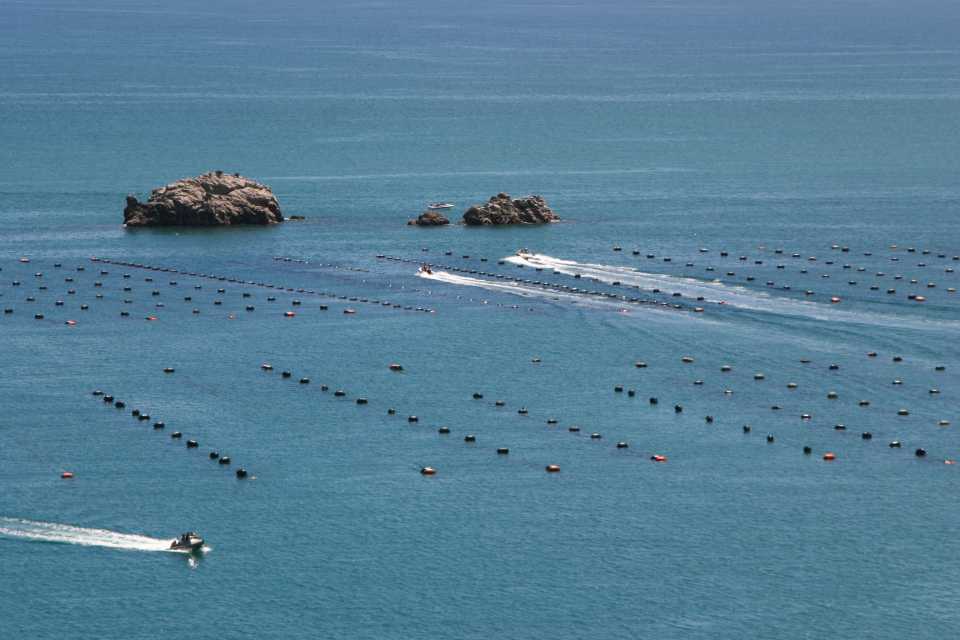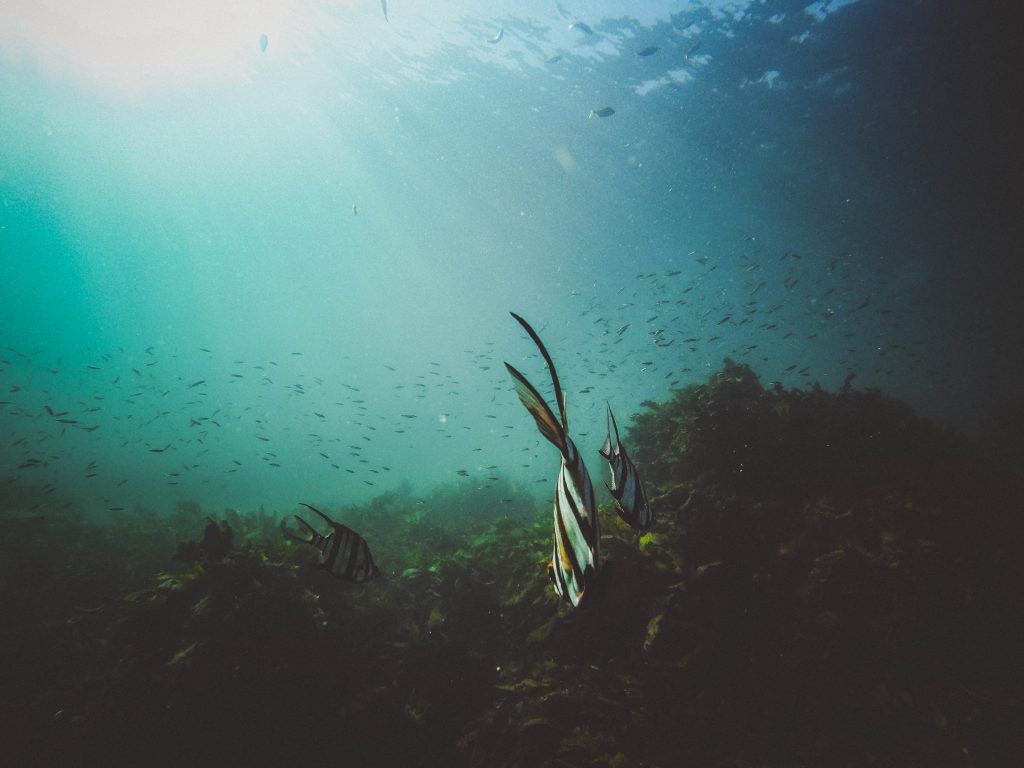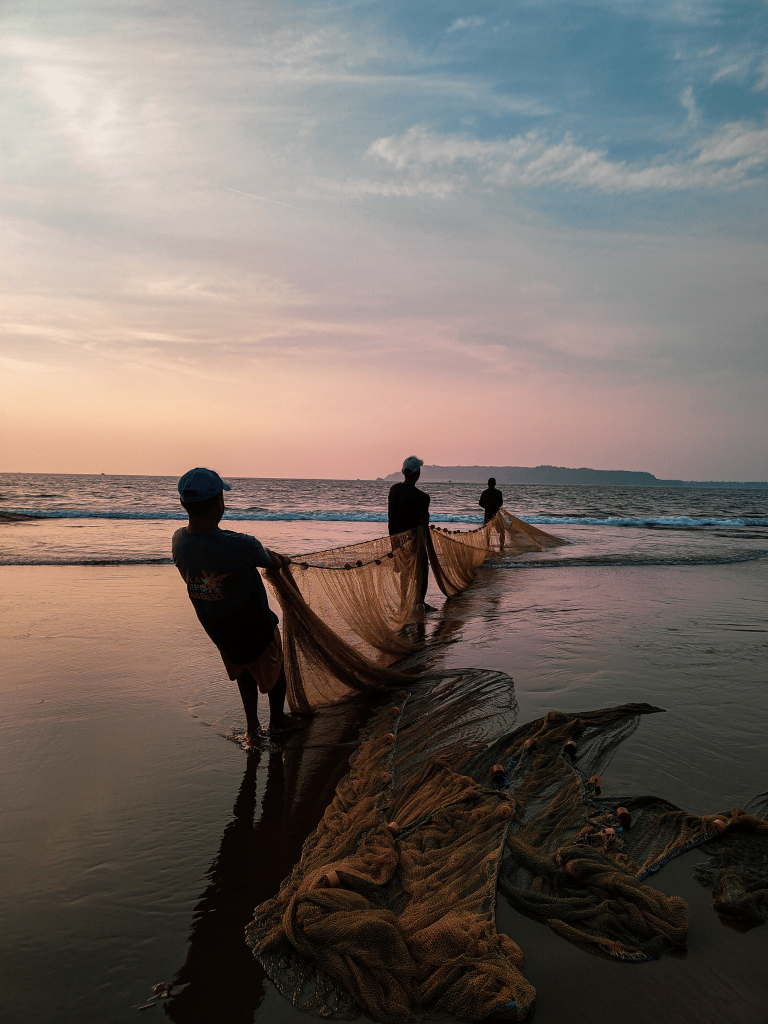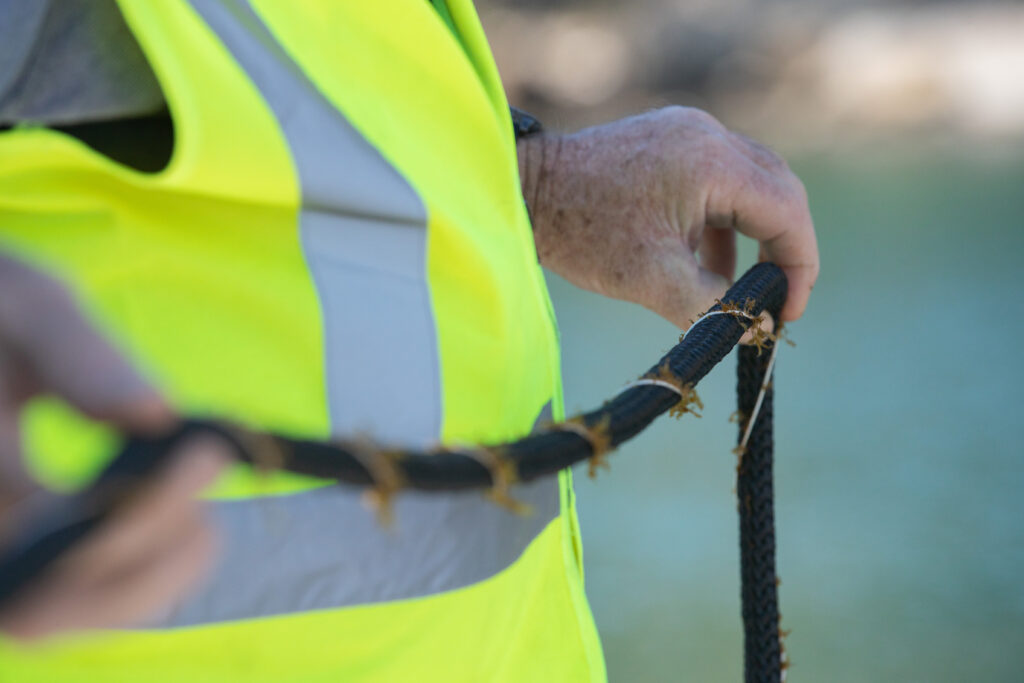Sea change aquaculture



Nigel Bradly, EnviroStrat CEO, was interviewed by NZBusiness about the challenges and opportunities for New Zealand’s aquaculture industry post Covid-19, and the initiatives that could unlock its true export potential. “As a country we haven’t invested enough to date in critical assets like hatcheries to provide the certainty of supply that you see in a lot of other countries. He also believes that the sector hasn’t necessarily kept up to speed on R&D and technology as much as other sectors. Climate change is also a significant challenge for the sector - with warming seas, acidification and biosecurity risks that come…
EnviroStratJune 23, 2022






